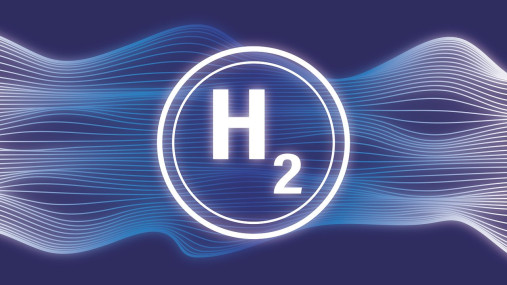
Publications » Position papers » Implementation of RFNBOs targets in industry
Implementation of RFNBOs targets in industry
Downloads and links
Recent updates

➢ The use of hydrogen in the steel industry yields the highest CO2 abatement potential per tonne consumed with lower and upper ranges comprised between 16kgCO2/kgH2 and 23kgCO2/KgH2.
➢ The European steel sector is expected to be the largest hydrogen industrial user making up 26% of total demand (industry, power, transport) and making it a key driver of the market ramp-up – if the right conditions are in place.
➢ The current levels of hydrogen production in Europe, alongside the corresponding infrastructure must speed up considerably for the steel sector to succeed in its uptake efforts.
➢ National hydrogen policies should be centred upon promoting and enabling the efficient use of clean hydrogen in sectors yielding the highest CO2 emissions abatement potential and with no cost-efficient alternatives to decarbonise.
➢ The RFNBOs (Renewable liquid and gaseous Fuels of Non-Biological Origin) industrial target shall be based on a realistic and holistic assessment of supply and demand, taking international competitiveness into account.
➢ The responsibility to achieve the RFNBOs consumption targets shall be placed at the Member State level with no binding obligation on individual companies.
➢ Provide enabling framework conditions supporting the final uptake of renewable hydrogen in industrial uses as a key precondition for the imposition of consumption targets – which includes:
o Endorsing the prioritisation principle in all national initiatives and policies;
o Closing the price gap for renewable hydrogen via targeted funding schemes such as the European Hydrogen Bank;
o Adopting short-term solutions to alleviate wholesale electricity prices for energy-intensive industries;
o Maintaining a flexible approach in the rules on the production of renewable hydrogen established in the delegated act on additionality and correlation criteria;
o Improving the availability of and accessibility to renewable power and hydrogen purchase agreements (i.e., respectively PPAs and HPAs) for energy-intensive industries;
o Fostering the expansion of renewable energy capacity by concretely accelerating and streamlining administrative permit-granting processes as provided for in RED III in Art. 15+.
Full text available in the pdf below.

Download this publication or visit associated links
Letter to Commission President von der Leyen and Executive Vice-President Sejourne'
Brussels, 27 November 2024 – The European steel industry is at a critical juncture, facing irreversible decline unless the EU and Member States take immediate action to secure its future and green transition. Despite repeated warnings from the sector, the EU leadership and governments have yet to implement decisive measures to preserve manufacturing and allow green investments across Europe. Recent massive production cuts and closure announcements by European steelmakers show that time has run out. A robust European Steel Action Plan under an EU Clean Industrial Deal cannot wait or manufacturing value chains across Europe will simply vanish, warns the European Steel Association.
Brussels, 12 November 2024 - Ahead of Commissioner-Designate Séjourné’s hearing in the European Parliament, European steel social partners, supported by cross-party MEPs, jointly call for an EU Steel Action Plan to restore steel’s competitiveness, and save its green transition as well as steelworkers’ jobs across Europe.